10 Things We Have Learned In 10 Years
Upaya is celebrating our 10th anniversary this month.
We're taking this opportunity to look back at the many lessons this decade has taught us. When our co-founders (Sachi, Steve, and Sriram) launched Upaya Social Ventures, the world of entrepreneurship and small and growing business support looked very different. While impact investors had discovered microfinance, investing in smaller, more varied enterprises was still quite rare. The Aspen Network of Development Entrepreneurs—our membership association now—was less than one year old in 2011. In this context, the idea of investing in small enterprises to create jobs for the poor was much more novel and riskier than it seems 25,000 jobs later.
Like the many things that seem impossible before you try them, and inevitable in hindsight, Upaya’s success was neither. We’ve learned a lot in the past ten years. Things that work; things that don’t; and truths that guide our decision-making going forward. The list below was compiled from our whole team and reflects the humbling surprises and always exciting twists and turns of hooking our impact goals onto an entrepreneurial journey.
Never underestimate the grit and resilience of an entrepreneur with a vision.
There have been many times in the past 10 years that we have seen our portfolio entrepreneurs face formidable challenges without blinking. Certainly, this past year, and particularly this past quarter, epitomize that.This is not a field where hoarding insights or pretending to know everything leads to success.
Industry knowledge is not a pie. The more we share our learnings with our colleagues, the better.Exit is tough in the impact space, but not impossible.
At the early stages, businesses evolve and pivot multiple times; investors have to allow time for them to find the right fit. Patient capital is crucial.Impact is key.
The entrepreneur’s intent of creating impact is the first and most critical thing to understand in evaluating a company.The most detailed and well-thought-out Gantt chart in the world is always wrong.
Be ready for Plan B (or C or D). So much that affects our work is out of our control, we must be able to roll with the punches.Empathy.
Giving people the benefit of the doubt and listening to their side of the story generally leads to better outcomes than making snap judgments about their intentions.Always collect feedback from those we wish to support.
Listening and understanding the needs of the people employed by our companies is just as important as listening to the entrepreneurs.At the same time, trust but verify.
Data can tell a very different story than superficial impressions. Take the time to investigate the facts. This work is too important to be putting energy into unproductive activities.Be willing to make mistakes.
But own them, and learn from them.When making a tricky decision, always come back to the mission.
Which decision creates more dignified jobs for the poor? Easy answer.
MEDIA CONTACT:
Madlin D’silva
mdsilva@upayasv.org
